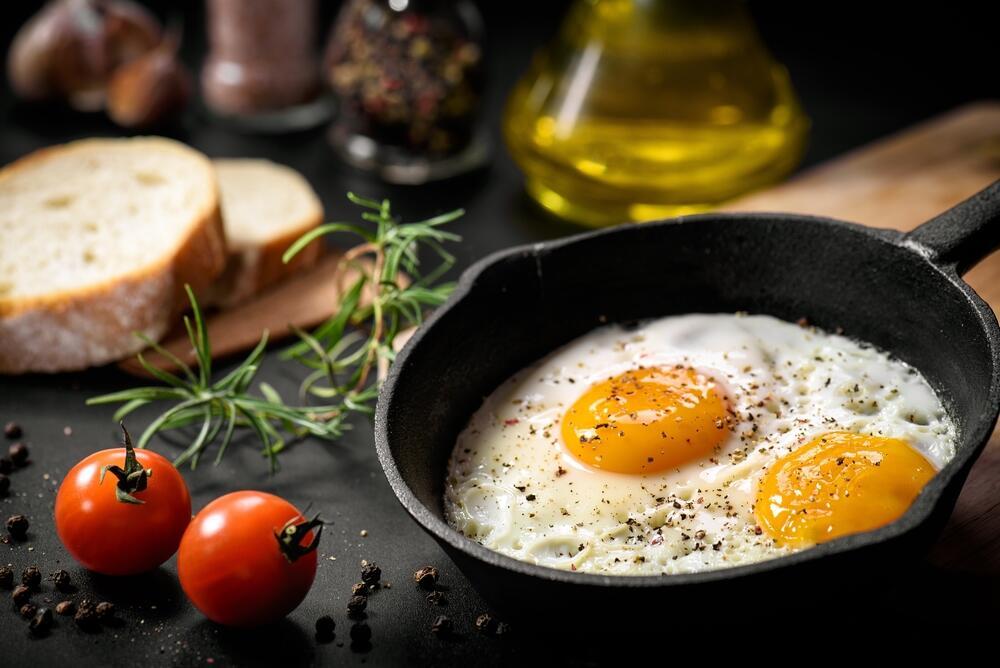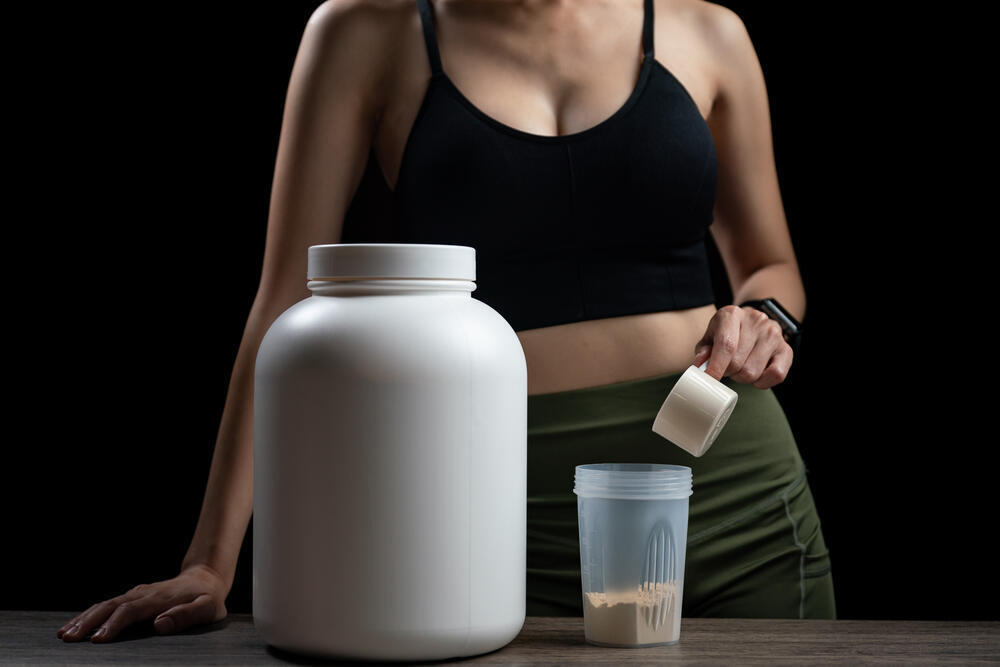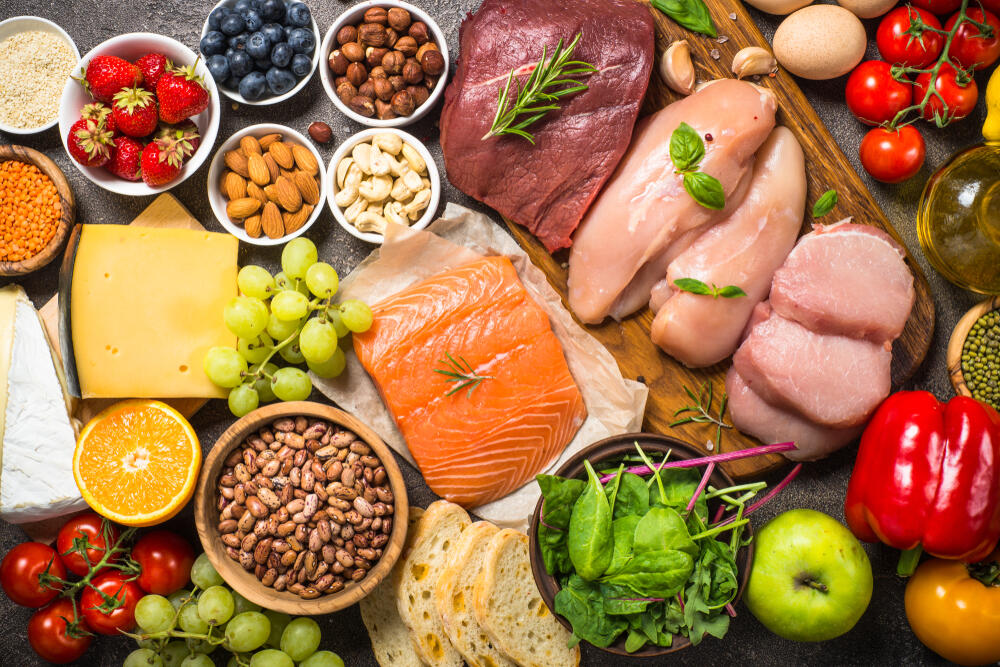Proteins are the current rage; diets like the ketogenic and paleo, which are heavily reliant on proteins, show promising weight loss results in the short run. Moreover, numerous fitness trainers suggest incorporating proteins post-exercise and regularly to boost muscle growth and enhance athletic performance, making this nutrient extremely popular.
Let's clarify some details. Proteins form the essential components of bones, muscles, skin, hair, cell membranes, and various blood substances. The primary reason people focus on protein intake is their desire to increase muscle mass and reduce body fat. Achieving greater fat loss requires a negative caloric balance (burning more calories than one consumes). However, muscle development involves more than just eating protein:
1. Dedication to physical activity, particularly resistance training. Muscle growth necessitates the activation and exertion of muscle fibers through physical activity.
2. Appropriate age. Infants, children, and teenagers naturally develop muscle tissue, bones, and other bodily tissues. Although young adults who consume adequate protein and engage in physical activities can build muscle, muscle mass naturally declines with age (a condition known as sarcopenia), making muscle building more challenging.
3. Weight loss due to a caloric deficit invariably results in muscle loss as well, contrary to the preference for only losing fat. This is why it's advised to integrate physical exercise into any weight loss plan and ensure sufficient protein intake to minimize the loss of muscle mass.
Muscles largely consist of protein, which might lead one to assume that increased protein intake automatically results in muscle growth, yet the reality is more complex. While it's true that muscles require an adequate protein supply to grow or be maintained, sufficient caloric intake is equally important to ensure that proteins are utilized for muscle synthesis and not just as an energy source.
Beyond just protein, a balanced intake of other food groups plays a vital role in sustaining overall health and the efficient functioning of body systems, as well as in preventing a variety of illnesses. For instance, whole grains, vegetables, and fruits provide carbohydrates, which are the most effective and accessible form of energy. These foods are also rich in various vitamins and dietary fibers, crucial for warding off diseases and are fundamental elements in healthy eating guidelines. Prominent health organizations emphasize the importance of a diet centered around plant-based foods in their nutritional advice.
How should protein be consumed?
So, what is the actual required intake of protein? The guideline for adults is roughly 1 gram of protein per kilogram of body weight. For those engaged in physical activities aiming to bulk up their muscles, the suggested intake can increase to between 1.5 and 2 grams per kilogram, provided they have no kidney-related health issues.
So how does that look like? Here's an example:
Breakfast
- Oatmeal with nuts and berries: Start your day with a bowl of oatmeal topped with a handful of almonds and fresh berries. This meal is high in fiber and protein, and the nuts provide healthy fats that are good for heart health.
- Greek yogurt: Add a serving of Greek yogurt for a protein boost, which also contributes to your daily calcium intake.
Mid-morning snack
- Apple with peanut butter: Slice an apple and serve with a tablespoon of peanut butter. This snack offers a good mix of fiber from the apple and protein and healthy fats from the peanut butter.
Lunch
- Quinoa salad with chickpeas and vegetables: Quinoa and chickpeas both provide protein, while a variety of mixed vegetables gives you fiber and essential nutrients. Dress the salad with olive oil and lemon juice for flavor and added benefits.
Afternoon snack
- Hummus and carrot sticks: Hummus is a great source of protein and fiber, especially when paired with carrots or other raw vegetables.
Dinner
- Grilled chicken or tofu, steamed broccoli and sweet potato: For dinner, a lean protein source like chicken or tofu can be grilled for minimal fat content. Serve with steamed broccoli and a baked sweet potato, which are both high in fiber and nutrients.
Evening snack
- A handful of pistachios: Pistachios are not only a good source of protein but also contain fiber and healthy fats, making them an excellent choice for an evening snack.
Proteins are primarily derived from sources such as meat, poultry, fish, eggs, dairy, yogurt, legumes, tofu, and soy. With a rising demand for protein, many food products, from bagels and pasta to cereals, are now fortified with protein. However, these fortified products aren't especially rich in protein. Similarly, many protein-fortified yogurts and beverages also contain added sugars and undesirable additives. When selecting these, it's best to choose those that are less sweet and more neutral.
Regarding protein powders often used in shakes and recommended by many fitness experts, consuming such powders and other engineered foods that contain additives like emulsifiers and flavor enhancers, aimed at improving texture or extending shelf life, is generally not advised by health professionals. Achieving an adequate protein intake is typically manageable through a balanced diet.
As for the timing of protein intake, does it help to consume protein right after a workout to build muscle? This notion has largely been debunked in recent years. The prevailing advice is now to distribute protein consumption evenly throughout the day, because muscles cannot absorb more than 30 grams of protein in a single sitting. Hence, spacing out protein intake across different meals is a practical approach.
Dr. Sigal Frishman is a clinical dietician




